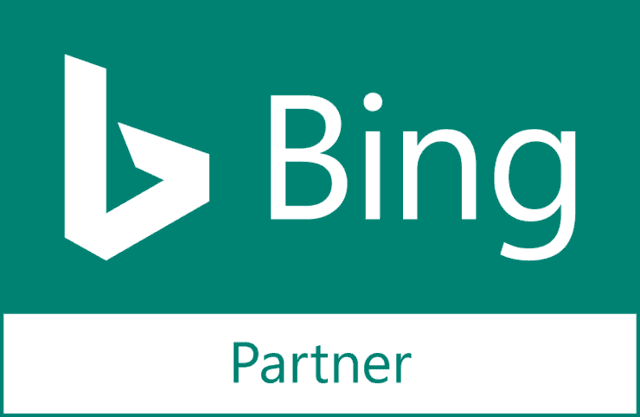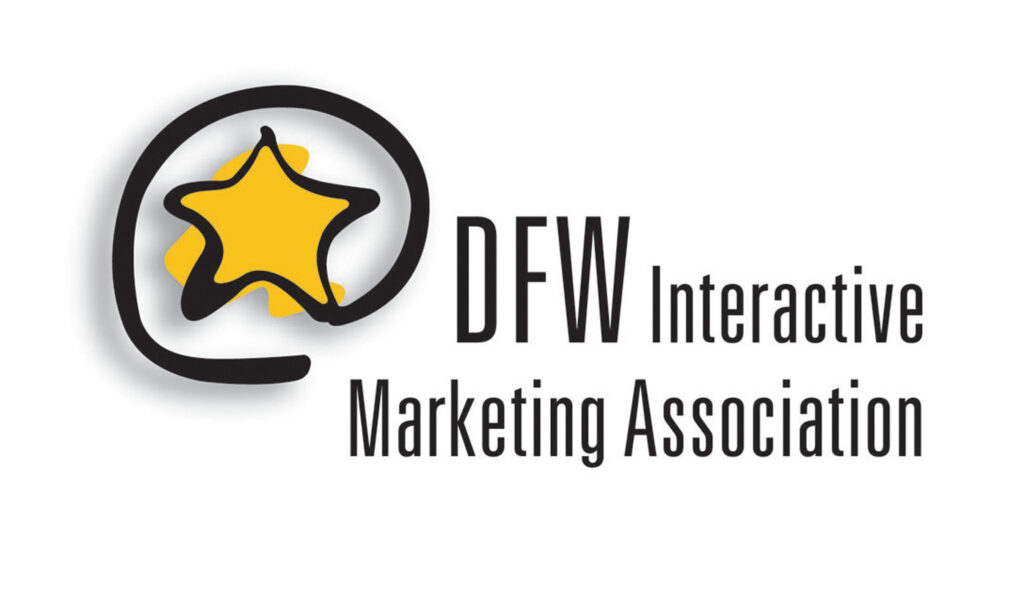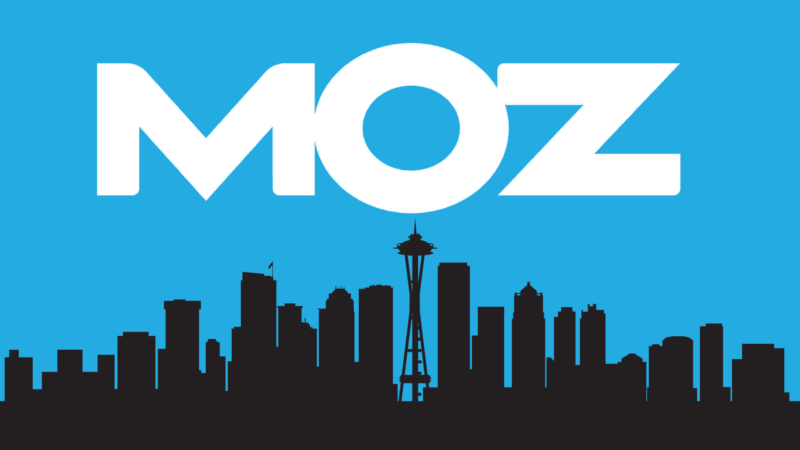We still call links “the currency of the Internet.” Most of our SEO and content marketing tactics are still aimed at earning links back to our website, or our clients’ websites, in order to show an “authority signal” to search engines, so they will rank the sites higher in search results for given phrases. Earning those links isn’t really any different than using outbound public relations to earn a mention on TV or in a newspaper. The pinnacle of achievement for PR or online marketing is when the brand or client’s brand achieves such reach and respect that people come to you to ask for quotes or content so that they can link back to you.
That’s called building authority. A lot of newcomers or also-rans mistake the lift that big brands get in search engines as some kind of an arbitrary tip of the hat from Google – or worse yet, that their big budgets bought them rankings. In truth, it comes from trust and authority that were earned – and paid for – with decades of great service or products … plus marketing and advertising.
The good news for us smaller fish, though, is that we live in the age of the Internet. It doesn’t take decades to build authority anymore. We can reach more people faster, and we’ve got more platforms on which to reach them. The bad news is – there’s still no such thing as “free advertising.” You’re either going to pay to be building authority with your time, or you’re going to pay an agency like mine or a team of in-house people to help you do it faster (and probably better).
So, like any good business person, you’re looking for a formula that helps demystify authority and how to build it. I’m going to give you the one – but it’s not a guarantee. In fact, it should help you decide if you can or cannot hope to earn authority for yourself and your business.
Credentials + Communications Ability + Personal Appeal = Authority
That formula is true whether you’re a pastor, a professional landscaper, the president of a corporation, or the President of the United States. Theoretically, of course… If you know what you’re talking about, can back it up with proof, can communicate your ideas clearly, and can get enough people to like you, then you will be building authority. You have to earn the first one with work, you will probably have to hire someone to help you do the second, and you might have to delegate the third to someone in your organization if you are not a people person.
Credentials
If you can’t prove – with facts and prior results – your worth, you can just stop right now. Go out and earn some credentials, then come back to this post. A lot of snake-oil salesmen have made a lot of money with personal appeal and communications ability, but I’m assuming you want a sustainable model of authority. In that case, you need some objective, verifiable proof that someone else should believe what you have to say.
At a certain level, you can assimilate the credentials and thoughts of other people, parrot them out, and fool people into thinking you are the source of that information. You can fool some of the people some of the time – but you can’t fool a search engine algorithm. The algorithms know what they’ve already “read,” and they’ll discount it if they find it replicated on other sites. So, the representatives from Google are fond of saying that they want “unique content.” They want to find information that is relevant to a search, but unique to each company, so they can present real choices to the people who are searching. They don’t want to be associated with proxy with companies or people that are trying to fool their patrons.
A nice before-and-after gallery of photos can serve as proof if you’re in the residential services industry. Good reviews on review sites, good testimonials on your site, and awards from independent sources will also serve to give people confidence. You need to have a good presence everywhere your customers would expect to find a reputable business – that probably means advertising (locally or in trade publications), definitely means the appropriate social media channels, and absolutely means your website needs to be top notch. For quite a few industries, it might mean writing your own book … which will require communications ability.
Communications Ability
For some reason, everyone believes they’re good at communicating. I think we confuse the ability to talk or write with the ability to communicate. Some people are better at communicating than other people. Some people are better at creating art than other people, though most of us can dip a brush in paint and slap it on a canvas. You don’t have to be a great communicator in order to earn authority – but you will have to hire someone to help you communicate if you are not. It’s OK. It’s nothing to be taken as a slight. You do your job, and the communicator will do his or hers.
At American Airlines, the CEO and President and other executives in the C Suite had earned the credentials to take their positions leading a force of 120,000 people – but I wrote their quotes in the company press releases. I and a couple of dozen other people wrote the talking points for interviews, the articles in employee newsletters, and their guest articles or the speeches they delivered at events. They knew how to do their jobs, and we knew how to help them talk about their jobs. And, even with a communications staff of 30+ people, and a PR agency staff of nearly as many, the CEO still had a trusted freelance writer who crafted his speeches. The freelancer had earned his trust with authority.
If you are a natural communicator, you’re in the best position possible. You know your industry and you can explain it and sell it. You’re well on your way to the authority business leaders crave. But, when your business reaches a certain size, you’re still going to need someone to help write your advertising copy, and your social media content, and your video dialogue. Hire a proven communicator (or agency) who can emulate your company’s personality or “voice” and who can do a lot of communication tasks well. When you grow more, then you can look into communications specialist for different platforms and mediums – social, video, PR.

Who do you like more – Richard Branson or Mark Zuckerberg? You would think that the creator of the largest social networking site in the world would have more social appeal, but it proves that you don’t have to be personable to be an innovator or to be successful. You do have to have a personal appeal to be a great leader and earn great authority. But, you don’t have to be perfect – Branson enjoys playing the cad.
For a business, we urge our client’s to have a corporate “voice.” Your voice can be tailored around a likable, communicative executive. Or, it can be tailored to match your target market – Millenial girls and Baby Boomer men are not going to respond well to the same corporate voices. If your business has businesses, products or services targeted at different markets, you need to have a voice for each of those.
The biggest pitfall when creating a voice with a personal appeal is making that voice sustainable. After Sam Walton passed away, Walmart has never been able to recreate his appeal to the masses – or to its employees (associates, I know). Be careful about hitching your wagon to a big personality who might leave the company – or do something to embarrass it. If you are the owner, and you’re not going anywhere in the next couple of decades, you should still think about creating a guide, a style book, that can help others replicate voice and maintain consistency.
Well, I managed to complicate that simple building authority formula, didn’t I? Such is life. And, I vacillated between the authority of individuals and companies, throughout, but I did that on purpose. There’s no difference to your business, in the link or coverage provided if a reporter or blogger calls for a guest article from the company or from the CEO. These three attributes are the same for personal or corporate authority. Once you’ve succeeded in building authority, maintaining it will be easier than trying to solicit opportunities when you weren’t perceived as an authority. Ultimately, you have to know what you’re talking about, know how to talk about what you are talking about, and know how to talk to people in an appealing way … about what you’re talking about. Credentials plus communications ability plus personal appeal equals a sustainable way to be building authority, and traffic, and brand reach and trust for your business. I have it on good authority.







